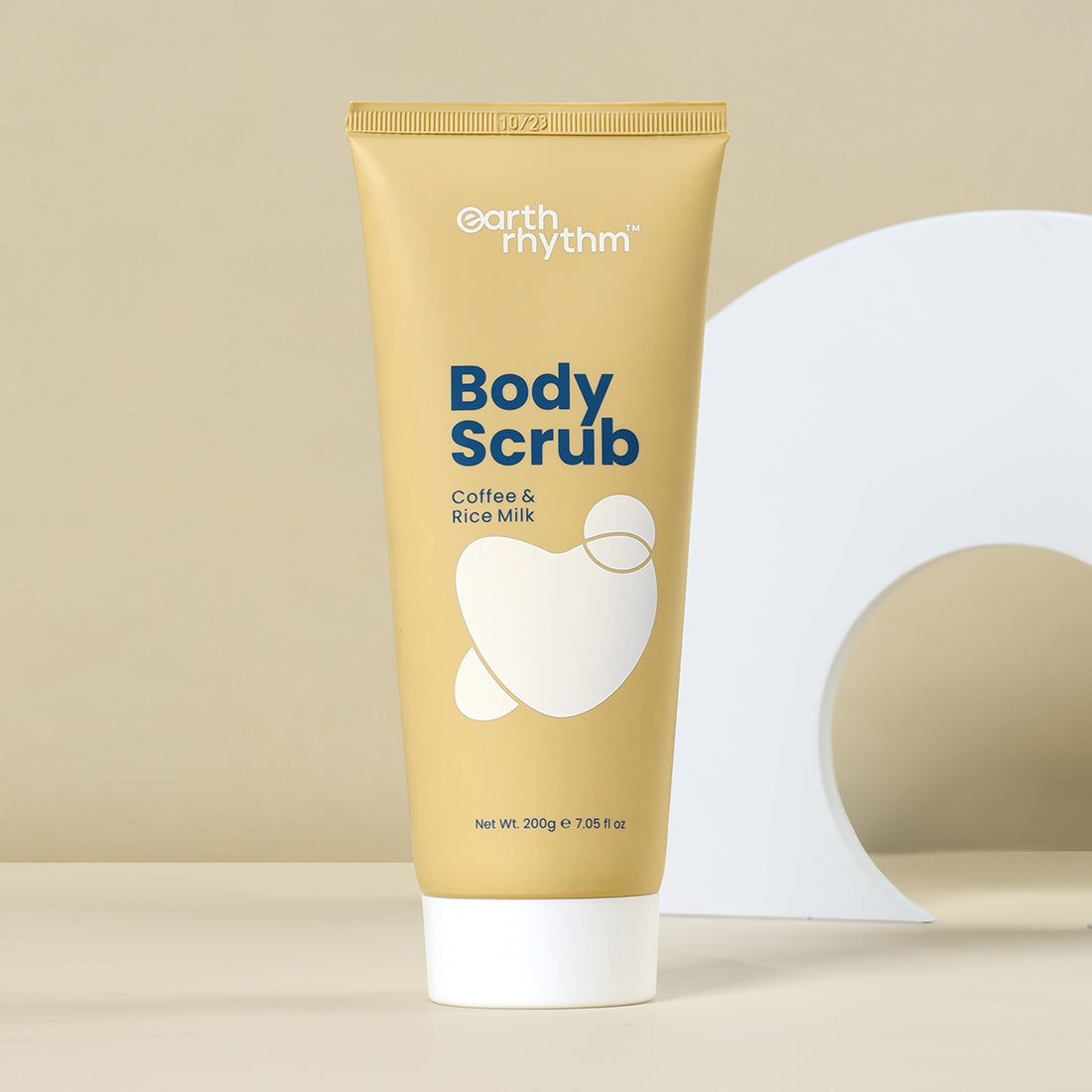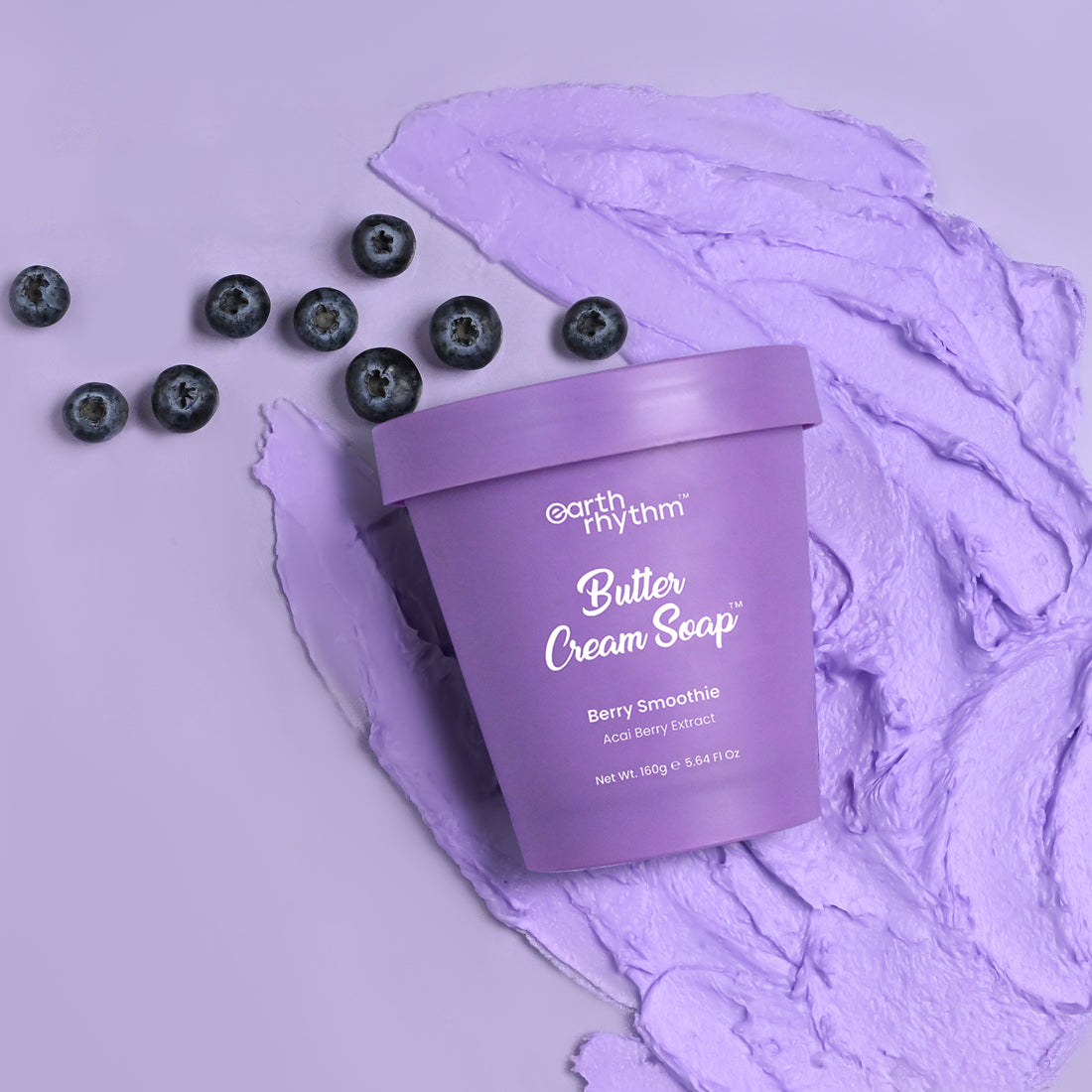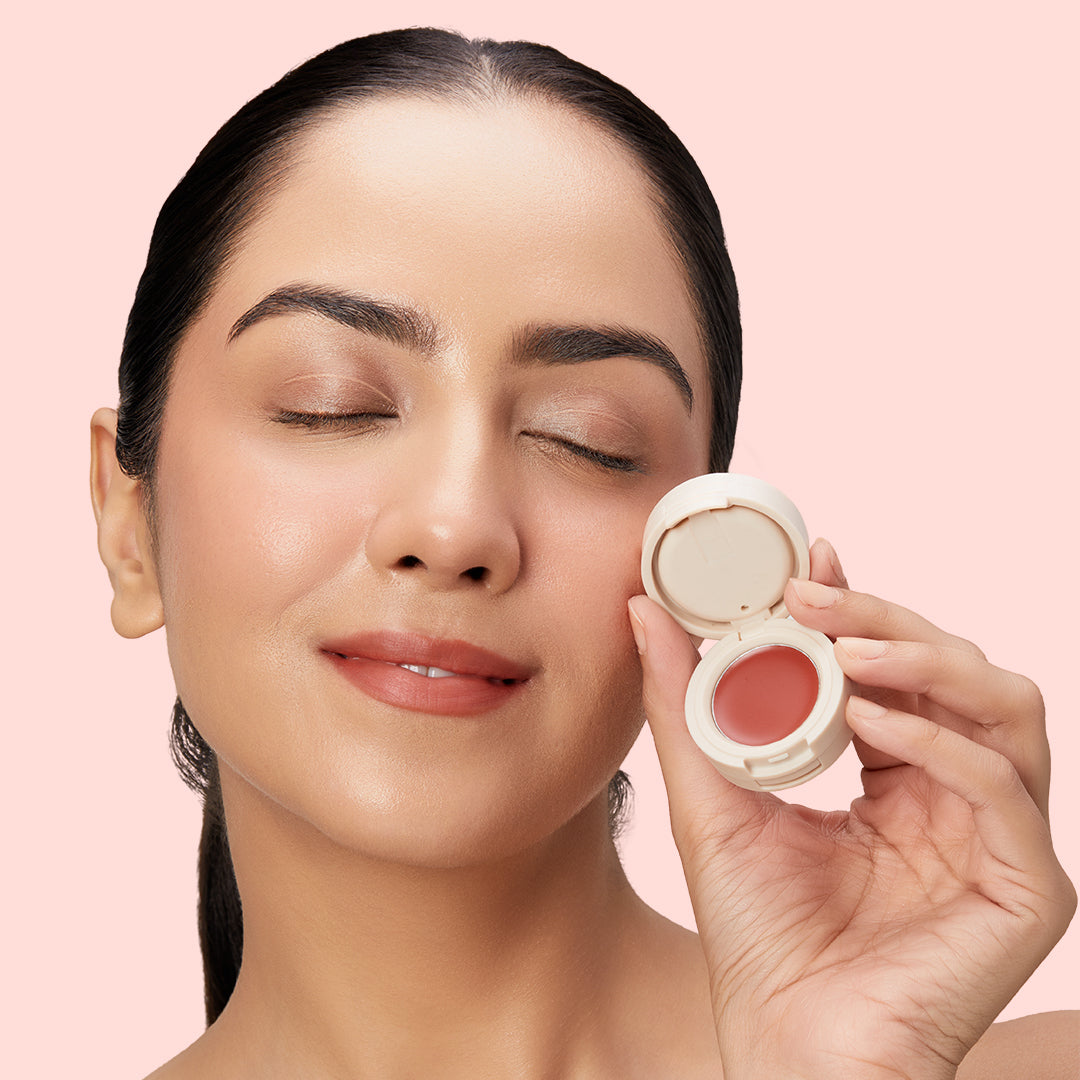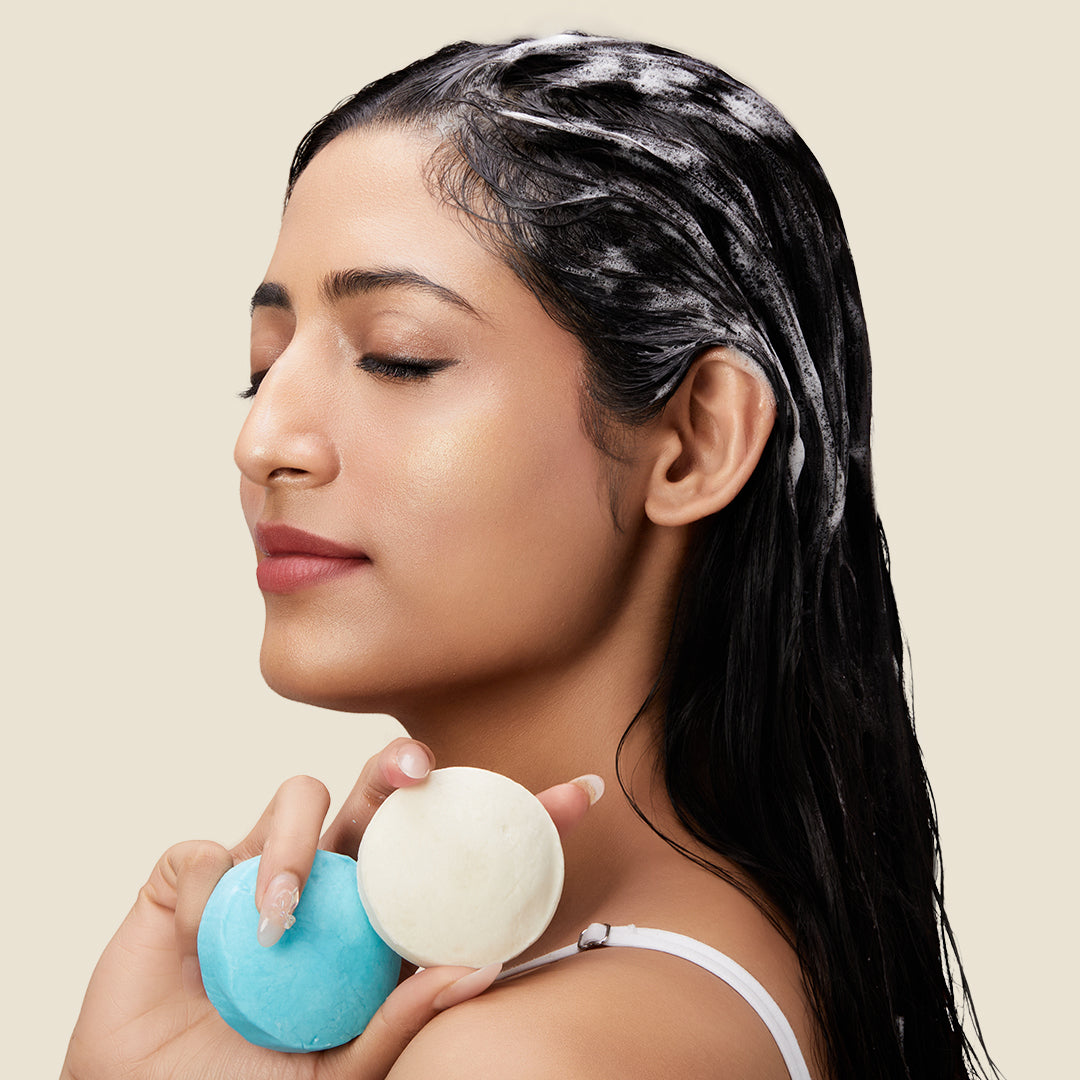Dry Skin Cream
More Information
Dry skin can be a persistent concern, impacting not only our physical appearance but also our overall well-being. Dry skin, also known as xerosis, is a common dermatological concern affecting individuals of all ages. Characterized by a lack of moisture and essential oils, this condition can lead to discomfort and impact one's overall well-being. Understanding the causes and adopting a holistic approach to skincare are essential steps in achieving lasting relief. In this comprehensive guide, we will explore the causes and symptoms of dry skin, shedding light on effective strategies to manage and prevent it for a radiant and healthy complexion and incorporating a dry skin cream into your daily routine goes beyond addressing immediate dryness; it fosters a comprehensive approach to skincare. From hydration and barrier repair to soothing irritated skin, these creams are essential for promoting a healthy, glowing complexion. Regular use can lead to long-term improvements in skin texture, elasticity, and overall skin health.
Understanding Dry Skin:
Dry skin occurs when the skin loses its ability to retain moisture, resulting in a rough, flaky texture. The outermost layer of the skin, known as the stratum corneum, acts as a barrier to prevent water loss. When this barrier is compromised, the skin becomes more susceptible to dryness.
Causes of Dry Skin:
Dry skin results from a combination of environmental factors, genetic predispositions, and lifestyle choices. Harsh weather conditions, low humidity, and excessive exposure to central heating or air conditioning can strip the skin of its natural oils, leading to dryness. Some individuals inherit a genetic tendency towards dry skin, making them more susceptible to moisture loss. Aging exacerbates the condition as the skin's ability to produce oils diminishes. Lifestyle choices such as hot showers, harsh soaps, and prolonged bathing can disrupt the skin's lipid barrier, contributing to dryness. Understanding these causes is crucial for developing effective strategies to manage and prevent dry skin.
Environmental Factors:
Harsh weather conditions play a significant role in causing dry skin. Exposure to cold, windy weather, and low humidity can strip the skin of its natural oils, leaving it dry and dehydrated.
Genetic Predisposition:
Some individuals have a genetic predisposition to dry skin. Family history can influence the skin's ability to retain moisture, making certain individuals more prone to experiencing dryness.
Aging:
As we age, the skin undergoes various changes. The production of natural oils, essential for maintaining skin moisture, decreases. This age-related decline in oil production contributes to the development of dry skin.
Lifestyle Choices:
Certain lifestyle habits can exacerbate dry skin. Overuse of harsh soaps, prolonged hot showers, and excessive bathing can strip the skin of its natural oils, leading to dryness.
Medical Conditions:
Certain medical conditions, such as eczema, psoriasis, and hypothyroidism, can contribute to dry skin. These conditions often disrupt the skin's natural barrier function, leading to increased water loss.
Symptoms of Dry Skin:
Flakiness and Peeling:
One of the hallmark signs of dry skin is the presence of flaky or peeling skin. This occurs as a result of inadequate moisture levels, causing the outer layer of the skin to shed.
Itching and Redness:
Dry skin is often accompanied by itching and redness. The lack of moisture can make the skin more prone to irritation, leading to discomfort and visible red patches.
Tightness Sensation:
Individuals with dry skin often experience a tight or taut feeling, especially after cleansing. This sensation is indicative of insufficient hydration and reduced elasticity in the skin.
Cracks and Fine Lines:
Severe dryness can lead to the development of cracks and fine lines in the skin. These fissures can be not only uncomfortable but also compromise the skin's protective barrier.
Factors to Consider When Buying Dry Skin Cream:
Struggling with dry skin can be a daily battle, but the right dry skin cream can make all the difference. With a myriad of options available, finding the perfect product tailored to your skin's needs is crucial for achieving lasting hydration and a radiant complexion. In this guide, we'll explore the key factors to consider when purchasing dry skin cream and highlight some top-notch options to help you make an informed decision.
Ingredients Matter:
Look for creams with hydrating ingredients like hyaluronic acid, glycerin, and natural oils. These components replenish moisture levels, promoting a smoother and more supple skin texture.
Fragrance-Free Formulas:
Fragrances can irritate sensitive skin. Opt for creams labeled as fragrance-free to minimize the risk of allergic reactions or skin irritation.
Rich and Nourishing Texture:
Creams with a rich, emollient texture are effective in providing intense hydration. Ingredients like shea butter and cocoa butter help lock in moisture, preventing water loss throughout the day.
Effective Strategies for Managing Dry Skin:
Some dry skin creams offer additional skincare benefits, such as anti-aging properties or soothing ingredients. Consider your specific skincare needs and choose a cream that addresses multiple concerns. Using a dry skin cream is a transformative step in skincare, offering a range of benefits that go beyond simple hydration. These creams are specifically formulated to address the unique needs of dry skin, providing a nourishing and protective barrier. Here are some key benefits of incorporating dry skin cream into your daily skincare routine:
Intense Hydration: Dry skin creams are designed to deliver deep hydration, replenishing moisture levels and preventing dehydration. Ingredients like hyaluronic acid, glycerin, and natural oils work together to restore and maintain the skin's optimal moisture balance.
Improved Skin Texture: Regular use of a dry skin cream promotes a smoother and softer skin texture. The emollient properties of these creams help in reducing flakiness and roughness, leaving the skin feeling supple and touchably smooth.
Barrier Repair: Many dry skin creams contain essential components like ceramides that aid in repairing the skin's natural barrier. This barrier is crucial for locking in moisture and protecting the skin from external irritants, pollutants, and harsh weather conditions.
Reduced Irritation and Itching: Dry skin is often associated with itching and irritation. The soothing ingredients in these creams, such as aloe vera or chamomile, help calm the skin, providing relief from discomfort and reducing the urge to scratch.
Prevention of Fine Lines and Wrinkles: Adequately hydrated skin is less prone to premature aging. Dry skin creams contribute to maintaining skin elasticity, reducing the appearance of fine lines and wrinkles over time.
Long-Lasting Moisture: Many dry skin creams offer extended hydration, ensuring that the skin remains moisturized throughout the day. This long-lasting effect is particularly beneficial for individuals with persistently dry skin.
Compatibility with Sensitive Skin: Formulations of dry skin creams are often developed with sensitive skin in mind. Fragrance-free and hypoallergenic options are widely available, reducing the risk of irritation for those with sensitivities.
Enhanced Absorption of Other Products: Using a dry skin cream as part of your skincare routine can enhance the absorption of other products, such as serums or treatments. Well-hydrated skin is more receptive to active ingredients, maximizing the effectiveness of your overall regimen.
Hydrate from Within:
Adequate hydration is fundamental for maintaining skin health. Drinking an ample amount of water daily helps keep the skin hydrated from the inside out, promoting a supple and radiant complexion.
Gentle Cleansing:
Opt for mild, gentle cleansers that cleanse without stripping the skin of its natural oils. Avoid hot water, as it can exacerbate dryness, and limit bathing time to prevent moisture loss.
Moisturize Regularly:
Choosing the right moisturizer or dry skin cream is crucial for managing dry skin. Look for products with hydrating ingredients such as hyaluronic acid, glycerin, and ceramides. Apply moisturizer consistently, especially after bathing, to lock in moisture.
Protect from the Elements:
Shield your skin from harsh environmental factors. Use sunscreen with at least SPF 30 to protect against UV rays. In colder weather, wear protective clothing to minimize exposure to wind and cold temperatures.
Humidify Indoor Spaces:
Adding a humidifier to your living or working space can counteract the drying effects of central heating or air conditioning. Maintaining indoor humidity helps prevent the skin from becoming excessively dry.
Healthy Diet:
Incorporate foods rich in omega-3 fatty acids, antioxidants, and vitamins A, C, and E into your diet. These nutrients support overall skin health and contribute to maintaining optimal hydration levels.
Avoid Irritants:
Steer clear of skincare products that contain harsh ingredients, fragrances, and alcohol-based toners. These can further irritate dry skin, exacerbating the condition.
Clothing Choices:
Opt for soft, breathable fabrics like cotton to minimize irritation. Avoid tight clothing that can rub against the skin and worsen dryness.
Top Dry Skin Cream Recommendations:
1. Vitamin E Intense Nourish Day Cream
2. Retinol Intense Repair Night Cream
3. Phyto Repair Vitamin C Face Moisturiser
6. Olive Jelly
Conclusion:
Managing dry skin involves a combination of understanding its causes and adopting a proactive skincare routine. By addressing environmental factors, incorporating hydration, and making informed lifestyle choices, individuals can alleviate dryness and promote a healthy, radiant complexion. Consistency is key, and with the right approach, anyone can embrace a life free from the discomfort of dry skin. Investing in a high-quality dry skin cream is essential for achieving optimal skin health. By considering factors such as ingredients, texture, and additional skincare benefits, you can find a cream that meets your unique needs. Whether you opt for a dermatologist-recommended option or a well-known drugstore brand, the key is to prioritize hydration and nourishment to unveil radiant, moisturized skin. Choose wisely, and say goodbye to dryness for good!





